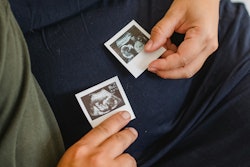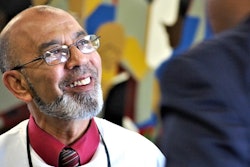NEW YORK — Some 60 years ago, a doctor in Baltimore removed cancer cells from a poor black patient named Henrietta Lacks without her knowledge or consent. Those cells eventually helped lead to a multitude of medical treatments and laid the groundwork for the multibillion-dollar biotech industry.
It’s a saga made famous by the 2010 best-seller “The Immortal Life of Henrietta Lacks.”
Now, for the first time, the Lacks family has been given a say over at least some research involving her cells.
Lacks’ family members have never shared in any of the untold riches unlocked by the material, called HeLa cells, and they won’t make any money under the agreement announced Wednesday by the family and the National Institutes of Health.
But they will have some control over scientists’ access to the cells’ DNA code. And the Lacks family will receive acknowledgement in the scientific papers that result.
The agreement came after the family raised privacy concerns about making Henrietta Lacks’ genetic makeup public. Since DNA is inherited, information from her DNA could be used to make predictions about the disease risk and other traits of her modern-day descendants.
Under the agreement, two family members will sit on a six-member committee that will regulate access to the genetic code.




















